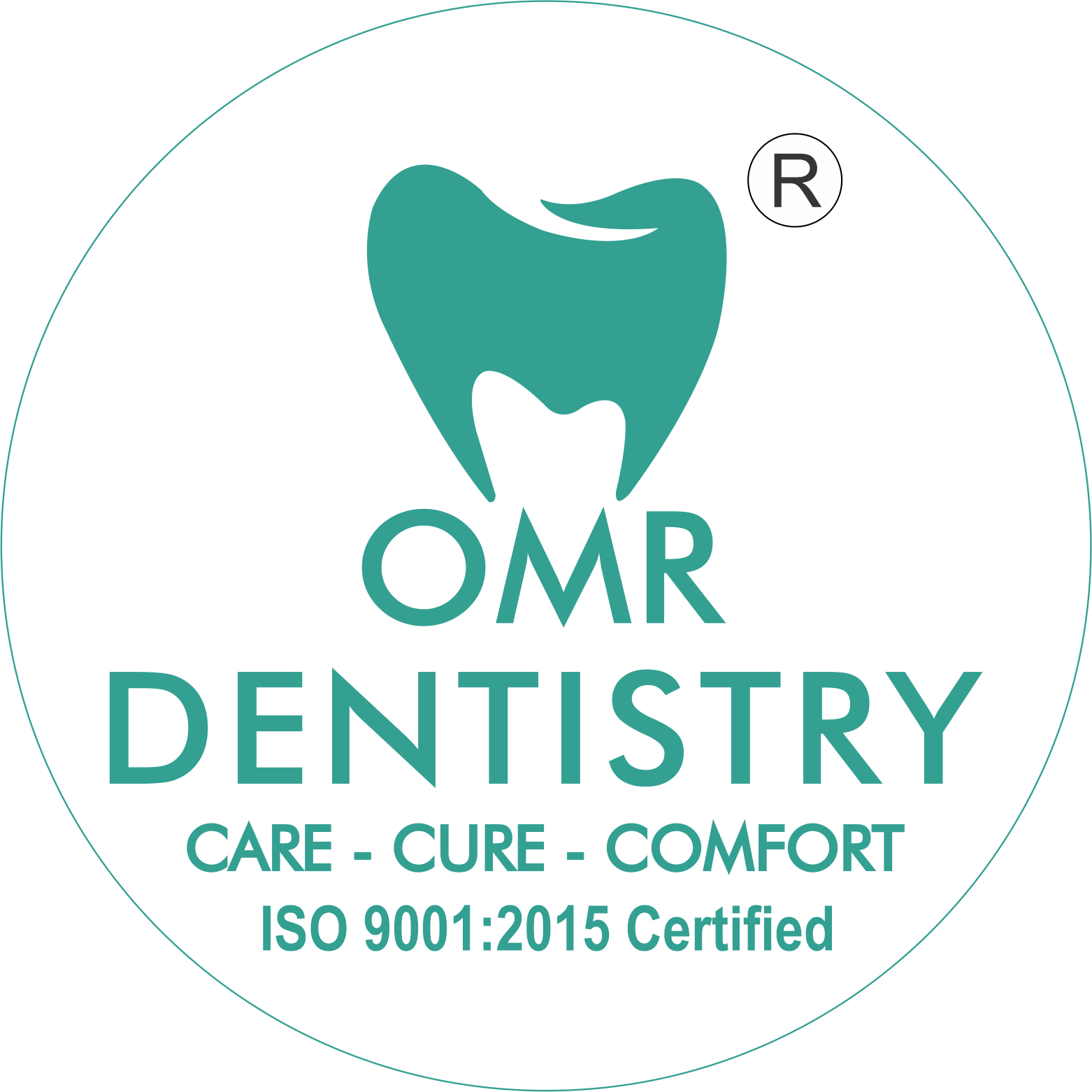27 Mar The Smile Saviors: Vital Reasons to Salvage Damaged Teeth
In the world of oral health, a damaged tooth can feel like a dark cloud on an otherwise sunny day. Whether it’s from an unexpected fall, a sports injury, or simply the wear and tear of time, a damaged tooth can be more than just a cosmetic concern—it can have lasting effects on your overall health and well-being. While the instinct might be to overlook or even extract a compromised tooth, there are compelling reasons to consider saving it. Here’s a closer look at why preserving a damaged tooth could be one of the best decisions for your smile and overall health.
- Preserving Natural Functionality:
Picture your teeth as a finely tuned orchestra, each one playing a crucial role in the symphony of chewing and speaking. When a tooth is damaged or lost, this harmony is disrupted. The adjacent teeth may start to shift into the empty space, leading to misalignment and a host of bite issues. By saving a damaged tooth through treatments like fillings, crowns, or root canals, you’re ensuring that your natural bite remains intact, maintaining the balance and functionality of your entire mouth.
- Aesthetic Appeal:
A smile can light up a room, but a chipped or cracked tooth might dim that radiance. Beyond the physical discomfort, damaged teeth can impact your self-confidence and willingness to show off your smile. Modern dental techniques offer a plethora of options to restore the aesthetics of a damaged tooth. Whether it’s a veneer to cover a chip or a crown to rebuild a broken tooth, preserving your damaged tooth can keep your grin gleaming.
- Avoiding Future Complications:
A damaged tooth left untreated can invite a myriad of complications. What starts as a minor chip might progress into a deep cavity, leading to infection and abscesses. These infections can spread to the surrounding gums and even into the bloodstream, posing serious health risks. By saving a damaged tooth in its early stages, you’re preventing these potential pitfalls and safeguarding your oral and overall health.
- Long-Term Cost Savings:
While the immediate cost of treating a damaged tooth might seem daunting, the long-term savings can be significant. Extracting a tooth might appear as a quick fix, but it often leads to the need for additional procedures down the road. Replacement options like implants or bridges can be costly both financially and in terms of time spent in the dental chair. By opting to save your natural tooth, you’re investing in a long-lasting solution that can spare you from frequent visits and hefty bills.
- Preserving Jawbone Structure:
Every tooth plays a crucial role in maintaining the structure of your jawbone. When a tooth is lost or extracted, the underlying bone can start to deteriorate over time. This bone loss not only affects the stability of neighboring teeth but can also alter the contours of your face, leading to a prematurely aged appearance. By saving a damaged tooth, you’re helping to preserve the integrity of your jawbone and maintaining a youthful facial structure.
- Retaining Oral Health Balance:
Our mouths are complex ecosystems where each tooth contributes to the overall balance. When a tooth is lost, this equilibrium is disrupted, creating spaces that become breeding grounds for harmful bacteria. Saving a damaged tooth helps to maintain this delicate balance, preventing issues such as gum disease and decay in the surrounding teeth.
In the grand tale of dental health, the protagonist isn’t always the brightest, whitest tooth. Sometimes, it’s the flawed, damaged tooth that deserves a chance at redemption. By choosing to save a compromised tooth, you’re not just preserving a part of your smile—you’re investing in your long-term oral health and well-being. So, the next time you face a dental dilemma, consider the vital reasons to salvage that damaged tooth. After all, a healthy, confident smile is a treasure worth saving.
Tags: Dental Clinic In Sholinganallur, Best Dental Hospital In Chennai


Sorry, the comment form is closed at this time.